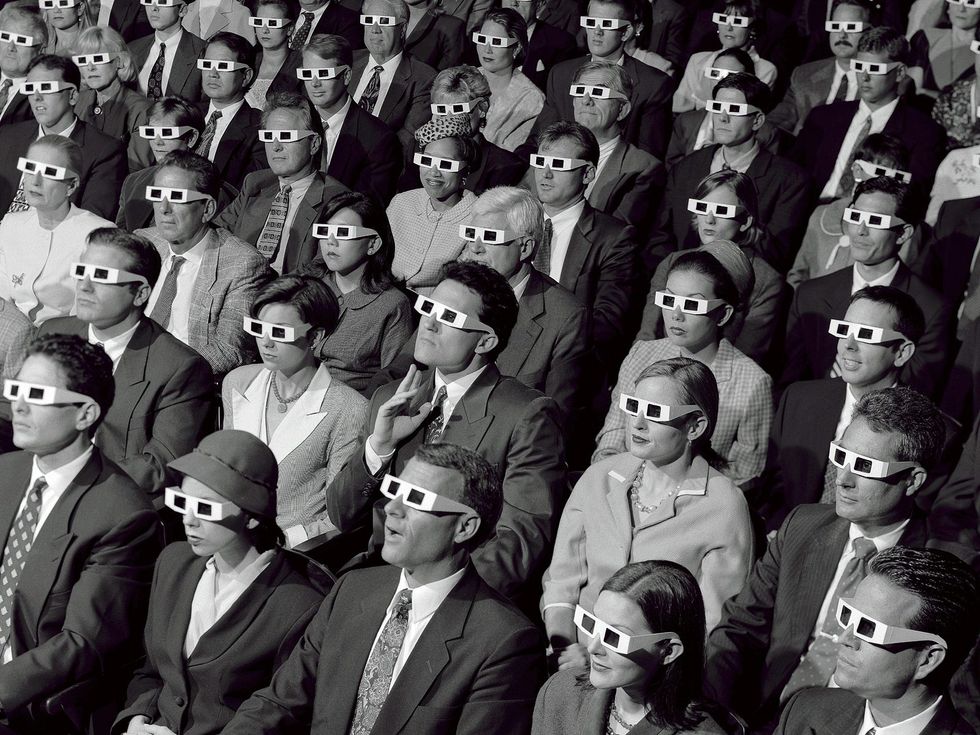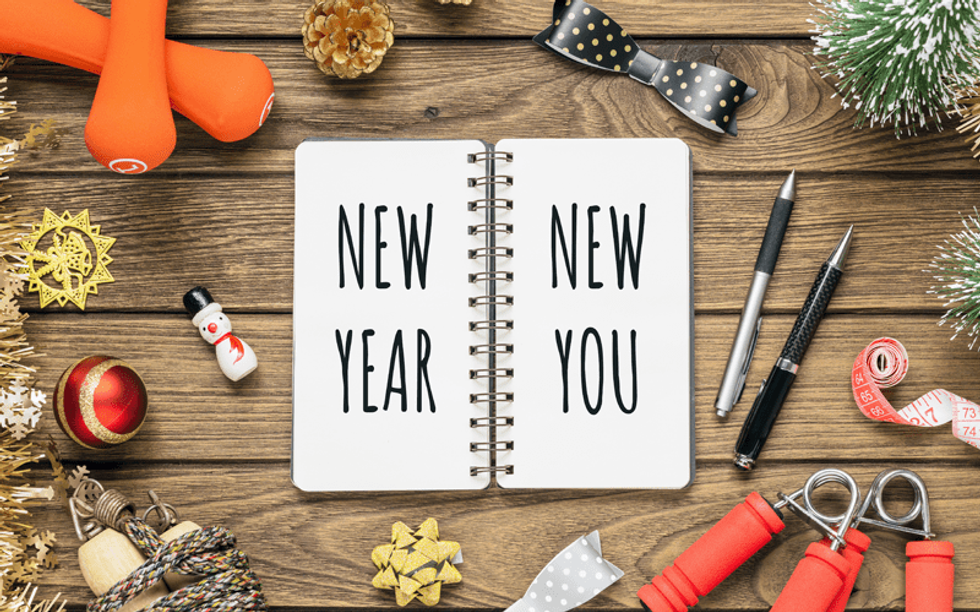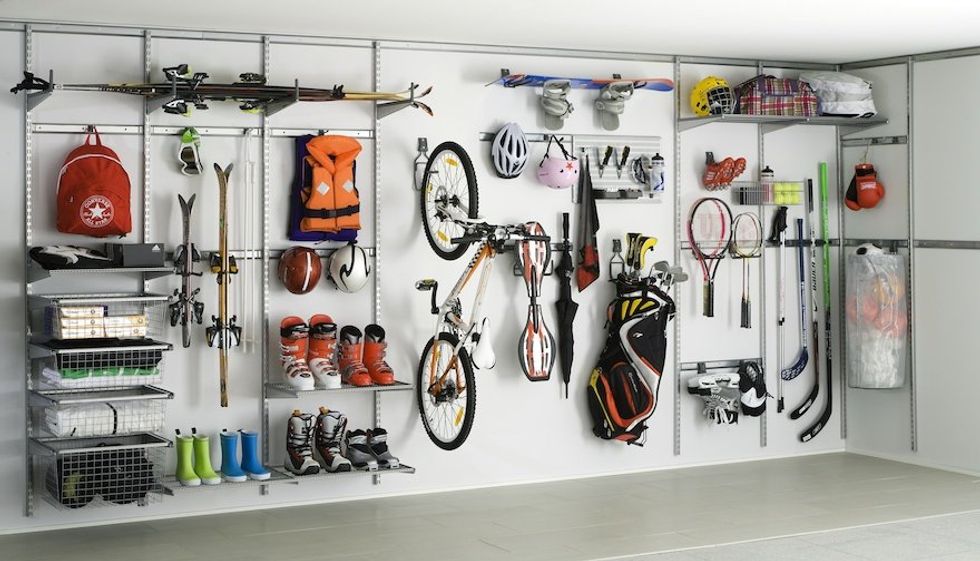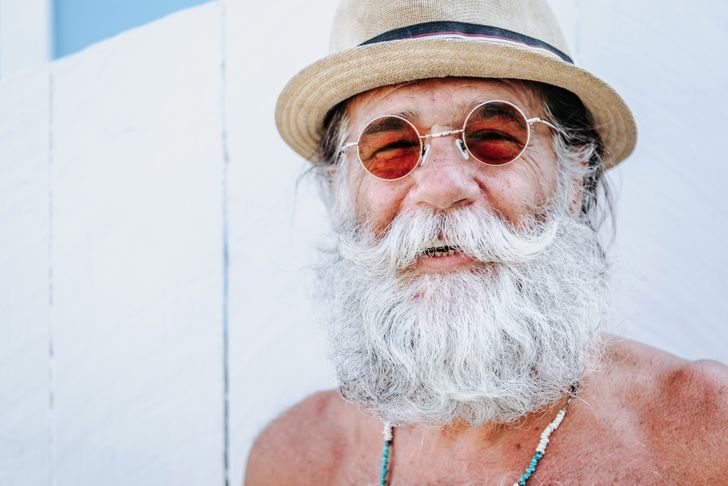Welcome back!! We examined the grammar of American Sign Language last week. I should mention, however, that ASL grammar is different from other sign languages’ grammars--just like spoken English grammar is different from spoken French grammar.
There are countless different sign languages in the world; often, if there is not an official national sign language, the deaf community of that country uses “home signs,” which are signs that they have developed through years of communicating with family and friends.
However, there are many national sign languages, such as French Sign Language, Nigerian Sign Language, and Ghanaian Sign Language. These sign languages are not mutually intelligible with each other; that is, someone who knows ASL will probably have a hard time signing with someone who knows Nigerian Sign Language. Sadly, the language barrier does not discriminate: it exists in all forms of language, spoken or unspoken.
American Sign Language came to be through the American School for the Deaf. This school was founded in 1817 and is located in West Hartford, Connecticut; its founding fathers were Thomas Hopkins Gallaudet, Dr. Mason Cogswell, and Laurent Clerc.
Their original goal was to teach French Sign Language (LSF) to the deaf children of America. However, they forgot to take into account that these children each grew up with their unique home signs; teaching them a completely new system of signs would be extremely difficult.
In addition, the founding fathers didn’t realize that there was already a new sign language budding in the villages of early America. Intermarriage between family and village members had led to an increase in genetically recessive deafness.
In New England alone, there were three prominent “village sign languages” that had formed. The most impactful one, Martha’s Vineyard Sign Language (MVSL originated in Martha’s Vineyard, Massachusetts), evolved due to the large deaf population; even the hearing community knew MVSL and used it.
At the American School for the Deaf, Laurent Clerc soon realized that he was more often learning home signs from students than actually teaching them LSF.
With this realization came the birth of ASL. The language incorporates about 58% of Old French Sign Language signs, but it also took in a collection of home signs from the school’s earliest students. Even with the similarities to LSF, ASL would not be considered a dialect of LSF; languages need to meet the 80% similarity standard to be labeled dialect. Thus, ASL made its name as its own distinct language. Some even say that ASL emerged as a creole of MSVL and LSF.
Soon, ASL was gaining ground--both geographically and organizationally--faster than any sign language had done before. In 1880, the National Association of the Deaf was founded to advocate for deaf rights; a milestone in itself was the fact that this association was run by deaf people.
At the time, deaf education was based around oralism, which promoted the idea that deaf people should be taught oral language comprehension and speech production. Many deaf students did not do well with oralism, but educators did not look at ASL with the same respect as they did with spoken English.
Finally, in 1955, an American linguist named William Stokoe set forth to change these clouded views of ASL. He was a professor at Gallaudet University, and he used his power to advocate for manualism. Manualism is a deaf education approach where sign language is used in the classroom (instead of spoken language, as seen in oralism).
Stokoe wanted to prove to the public that ASL was just as much of a complete language as spoken English. He analyzed ASL grammar, syntax, phonology, and pragmatics; in addition, he even constructed a transcription system for ASL. His hard work paid off: ASL was finally seen as a “real” language, and deaf education systems switched from oralism to manualism.
William Stokoe was a real linguistic hero; many venture to argue that his work was so monumental that it “redefined what language even means.”
Now that we have some history on ASL, we can look into the present-day communities that use ASL. Next week, we will discuss how deaf communities impact and are impacted by hearing communities. See you then!

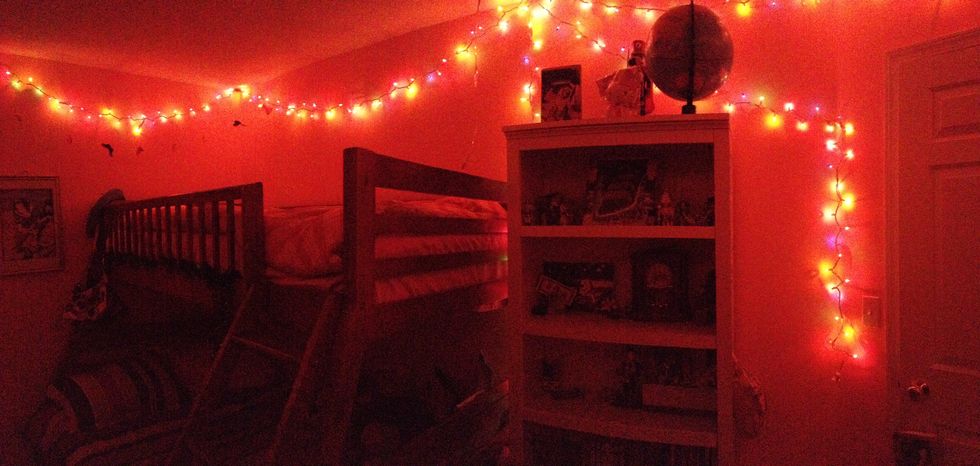

 StableDiffusion
StableDiffusion
 StableDiffusion
StableDiffusion
 StableDiffusion
StableDiffusion

 women sitting on rock near body of waterPhoto by
women sitting on rock near body of waterPhoto by 
 Photo by
Photo by  Photo by
Photo by  Photo by
Photo by  Photo by
Photo by  Photo by
Photo by  Photo by
Photo by  Photo by
Photo by  Photo by
Photo by  Photo by
Photo by  Photo by
Photo by 